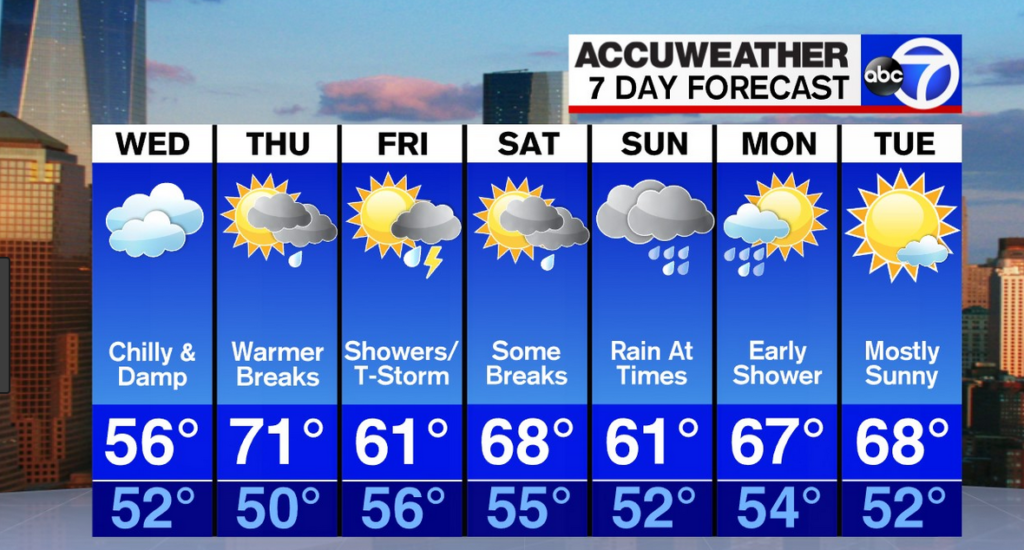
The new era promised by the advent of 5G technology provides some exciting opportunities. These include much faster data speeds that will enable far quicker downloads. Besides making it possible to download your favorite movies and videos in a flash, these higher speeds could enable the Internet of things and make for improvements in autonomous vehicles and many other technologies that could benefit the world.
But a few red flags have been raised about 5G. Experts have been arguing for years about whether it could present radiation dangers, for example. But did you know 5G and weather forecasting could be an issue? Read on to learn how 5G affects weather forecasts.
Meteorologists are warning us that 5G can interfere with weather forecasts and make them much less accurate. The mobile network could cause interference that prevents satellites from detecting concentrations of water vapor in the atmosphere accurately, according to a report in the journal Nature.
Many organizations had requested to delay 5G, but the FCC has gone ahead and allowed it to begin. An auction on April 17 involved two groups of frequencies: one between 24.25 and 24.45 gigahertz and the other between 24.75 and 25.25 gigahertz, Nature reported.
Information about atmospheric water vapor is plugged into computer models to predict the weather. The vapor transmits a faint signal at a 23.8-gigahertz frequency.
According to meteorologists, a 5G station transmitting close to that same frequency could be mistaken for water vapor. That may cause the weather forecast to be less accurate.

